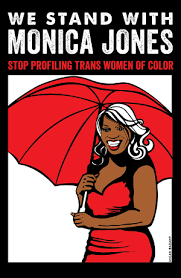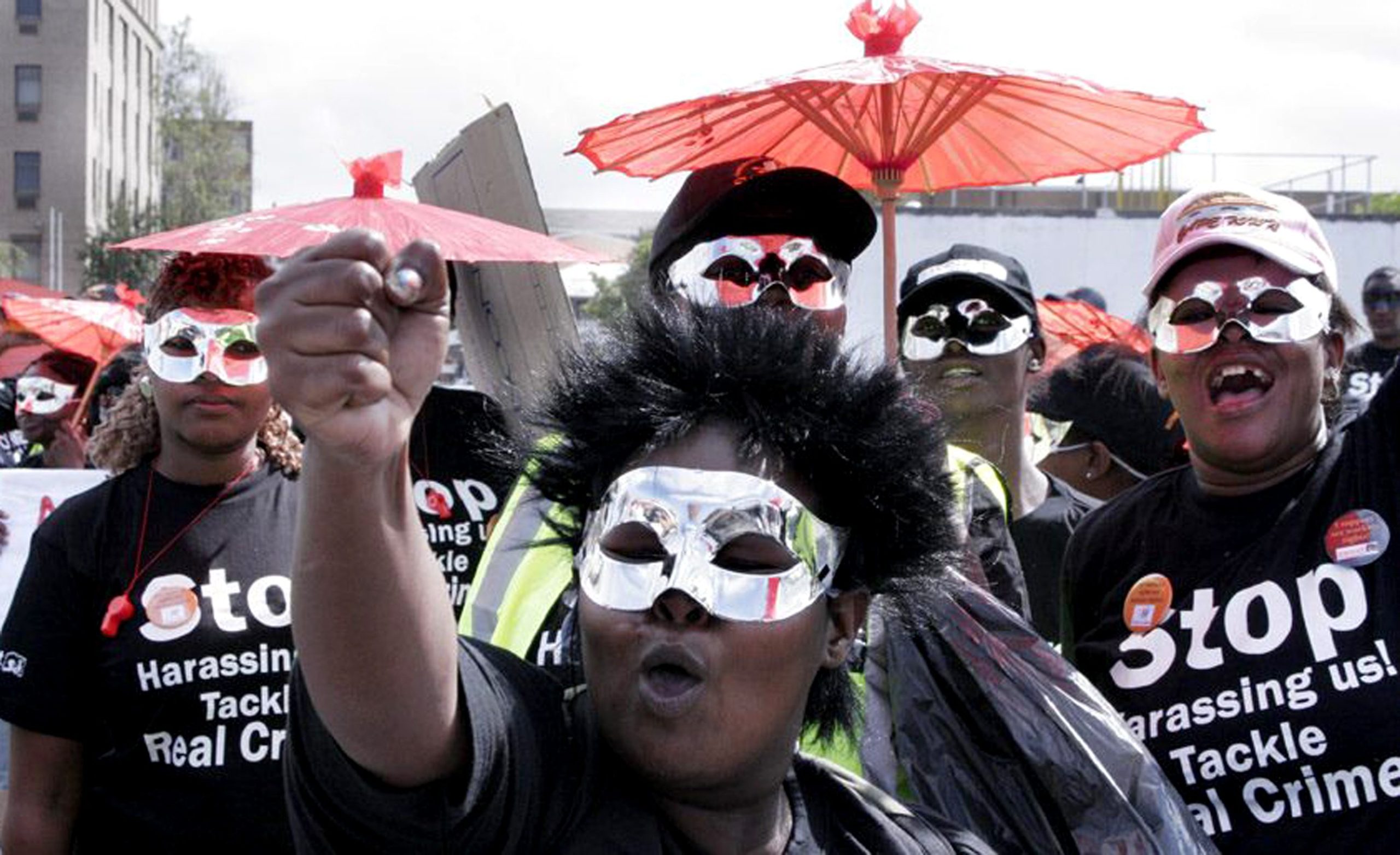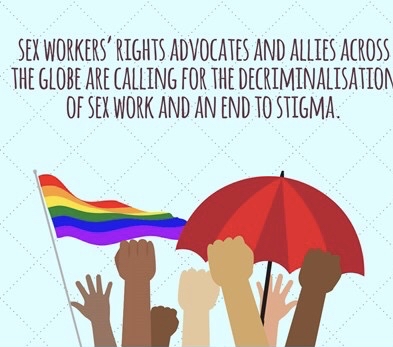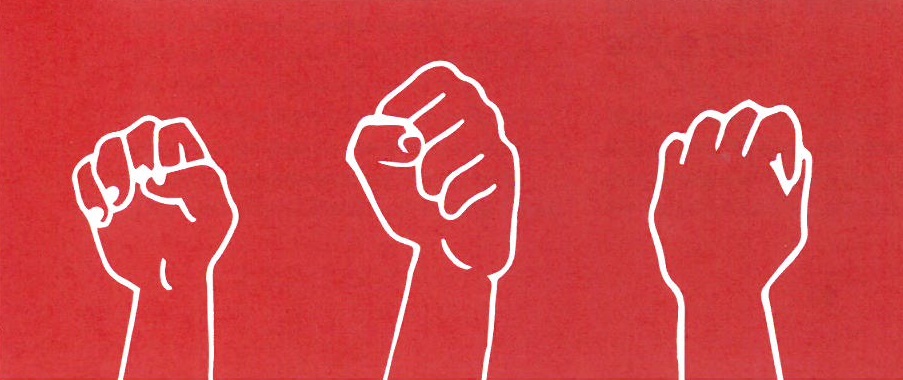When one of the International Steering Committee members of the Red Umbrella Fund asked me why I chose to volunteer here out of all organizations for the summer, I struggled to come up with an articulate answer on the spot. “I’d always heard rhetoric about including sex workers in feminism,” I told him, “and I wanted to put that into practice.” I only realized later why he was likely so surprised at my decision to volunteer for the Red Umbrella Fund: I’m an American.
When it comes to sex workers’ rights, my home country is about as clueless as the tourists in Amsterdam walking through the bike lanes. Most people don’t know the difference between human trafficking and sex work, and hardly any would include the rights of sex workers in their top political priorities. Before I started volunteer for the Red Umbrella Fund, I wouldn’t have either.
While at the Red Umbrella Fund, I met with an activist for LGBTQ and sex workers’ rights from China. He lives in a context in which someone can be arrested simply for saying the words “human rights”.
Despite all of this, when I told him I’m from the United States, he said: “Oh. I’ve heard the situation for sex workers there is terrible! Chinese sex workers do not want to go there.”
I knew from my experience at the Red Umbrella Fund that he was right, but my heart still sunk. Throughout my time volunteering here, I’ve learned more and more about the danger and stigma sex workers in the United States face. So why had I rarely heard about it in my country itself, even in spaces dedicated to human rights and social justice? If living abroad has taught me anything, it’s that America has a lot more to be embarrassed about than the success of Donald Trump.
Sex Work Policy
My experience at the Red Umbrella Fund led me to wonder whether sex workers’ rights had ever been addressed in mainstream American politics. For those who, like I was, are clueless about sex work policy and sex workers’ rights, this website does a great job at clearly outlining sex work laws across the world. It clarifies that both buying and selling sex are illegal in most of the US. While some may believe that criminalizing the purchasing of sexual services is a progressive model, sex worker and activist Juno Mac debunks this myth in her viral TED talk here.

In the words of Mac:
“if you care about gender equality or poverty or migration or public health, then sex workers’ rights matter to you.”
Anti-Prostitution Pledge
In addition to the laws mentioned above, George Bush implemented a policy known currently as the “anti-prostitution pledge”, which remained in place until the Supreme Court ruled it unconstitutional in 2013. Essentially, it required NGOs funded by the US to adopt an organization-wide policy opposing both sex work and sex trafficking, again failing to make the important distinction between the two. Even after it was struck down in 2013, the law continues to affect affiliate offices of American organizations abroad, such as those fighting HIV in the global South (see here and here). The impact of past US presidents on stigmatized populations across the globe remains far-reaching. This is why it is important as ever to pay attention to the upcoming election.
Hillary Clinton’s Perspective on Sex Work
Coincidentally, as I became interested in the lack of attention to sex workers’ rights in the United States, I was reading a book called False Choices: The Faux Feminism of Hillary Rodham Clinton. To my surprise, and disappointment, it became even more relevant when I reached Chapter 10: Hillary Screws Sex Workers. For anyone hoping to gain knowledge about the context of sex workers’ rights within the United States, I highly recommend it.
Sex work policy is determined on a state level in the US and therefore rarely addressed in presidential campaigns. But when activists asked Hillary Clinton (in 2007) about her opinion she said: “I do not support legalized prostitution or any form of prostitution” (128).
She conflated sex work with human trafficking and failed to acknowledge that anti-trafficking efforts often criminalize the most vulnerable populations in America: women of color, undocumented people, trans people, and single parents.
While Hillary was Secretary of State, Cambodia introduced a new anti-trafficking program, that “threw workers into rehabilitation programs where they were subject to rape and violence” (130). Hillary granted it an “improved rating”, which meant that it would receive additional funding from the United States. If that’s not “faux feminism”, I don’t know what is. As the author of the chapter, sex worker Margaret Corvid, poignantly explains, “In the United States, there is no national debate where sex workers have a place at the table. By helping to shape the American narrative around sex work, obscuring us as either criminals or survivors, Hillary Clinton has helped to keep us invisible, and she must like it that way” (132).
Police Brutality
 As the #BlackLivesMatter movement gains voice in the fight against police brutality in the US, we must remember that sex workers, particularly trans women of color, often face police violence. Almost one out of every 5 sex workers interviewed by the Urban Justice Center in New York reported sexual harassment and abuse, including rape, by police (INCITE!). Monica Jones, a transgender woman of color, was arrested on prostitution charges in 2014 while simply walking down the street. It prompting the viral hashtag #WalkingWhileTrans. Alisha Walker, a sex worker from Chicago, was sentenced to 15 years in prison for stabbing a client who attacked her at work.
As the #BlackLivesMatter movement gains voice in the fight against police brutality in the US, we must remember that sex workers, particularly trans women of color, often face police violence. Almost one out of every 5 sex workers interviewed by the Urban Justice Center in New York reported sexual harassment and abuse, including rape, by police (INCITE!). Monica Jones, a transgender woman of color, was arrested on prostitution charges in 2014 while simply walking down the street. It prompting the viral hashtag #WalkingWhileTrans. Alisha Walker, a sex worker from Chicago, was sentenced to 15 years in prison for stabbing a client who attacked her at work.
Ending violence and discrimination, particularly from police, is a top priority for most sex worker organisations. Sex workers, like any other workers, deserve to work in safe environments.
To learn more about how sex work policy in the US negatively impacts people of color, check out the #BlackLivesMatter movement’s newest platform. It includes a demand for the decriminalization of sex work. When we talk about #BlackLivesMatter and #BlackTransLivesMatter, we have to talk about sex workers. And vice versa.
Wake Up Call
Although it seems easy to fall into hopelessness about the current state of the US, the revolutionary work of activists on the ground remind me not to. Sex workers, though often silenced and erased from the mainstream media, are at the forefront of activist movements all over the world. Learn more about how to be an ally to the sex worker movement. Perhaps, if we turn to activists rather than politicians to re-instill hope, the world will become a little bit less scary.
By Rachel Drucker, summer volunteer at the Red Umbrella Fund



